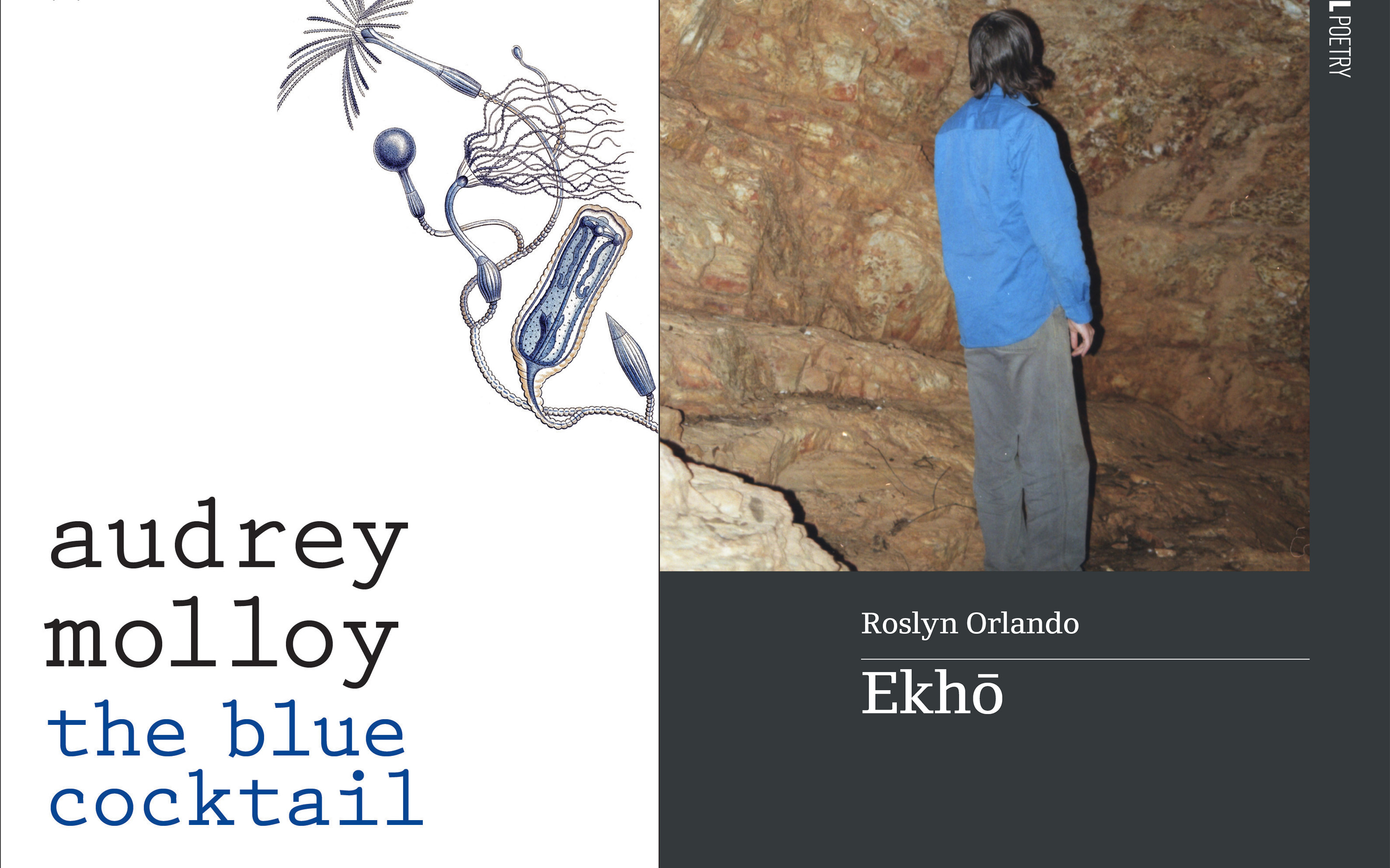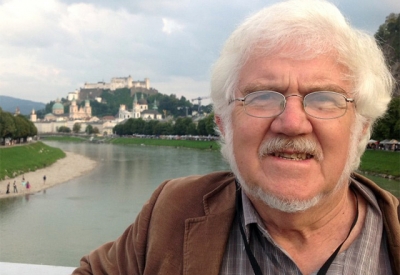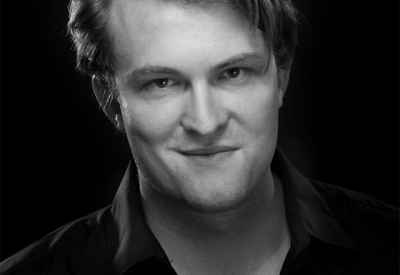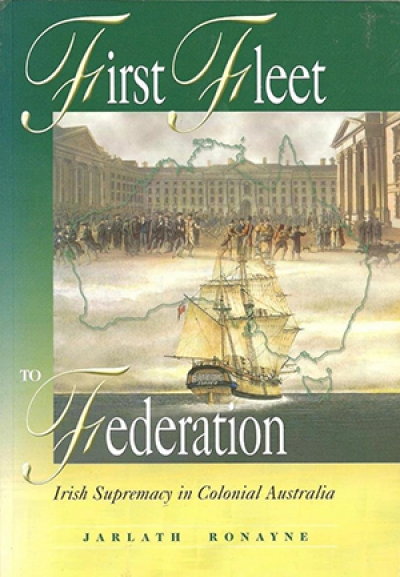Hazzard and Harrower: The letters edited by Brigitta Olubas and Susan Wyndham
‘Everyone allows that the talent of writing agreeable letters is peculiarly female.’ So said Jane Austen in Northanger Abbey. Even allowing for Regency hyperbole, there is some truth in the sally. We think of the inimitable letters of Emily Dickinson, who once wrote to a succinct correspondent: ‘It were dearer had you protracted it, but the Sparrow must not propound his crumb.’ In 2001, Gregory Kratzmann edited A Steady Stream of Correspondence: Selected Letters of Gwen Harwood, 1943-1995. Anyone who ever received a letter or postcard from Harwood – surely our finest letter writer – knows what an event that was. She was nonpareil: witty, astringent, frank, irrepressible. Now we have this welcome collection of letters written by Elizabeth Harrower and Shirley Hazzard (unalphabetised on the cover, in a possible concession to the expatriate Hazzard’s international fame).





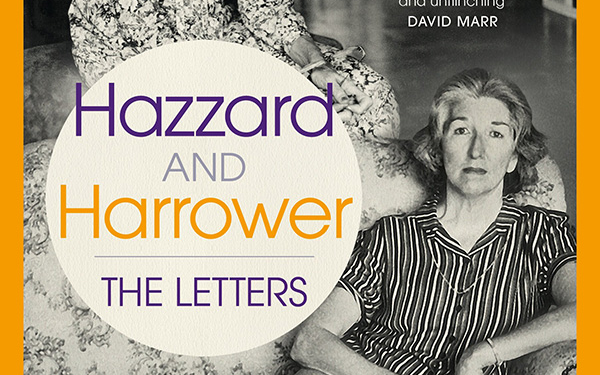
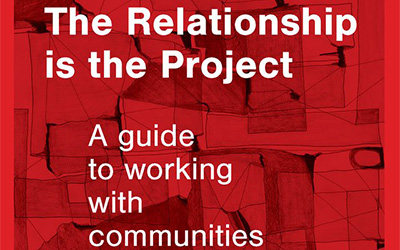
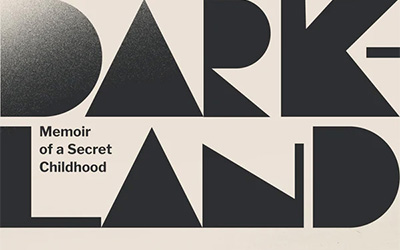
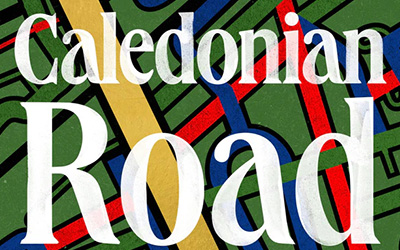
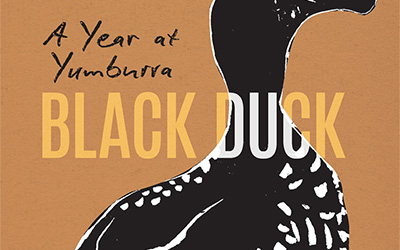
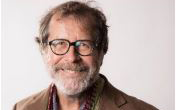

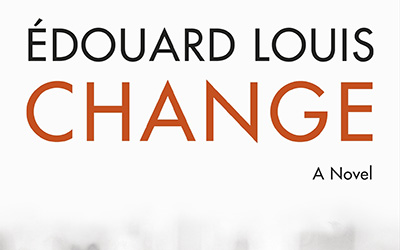
-FEAT.png)
